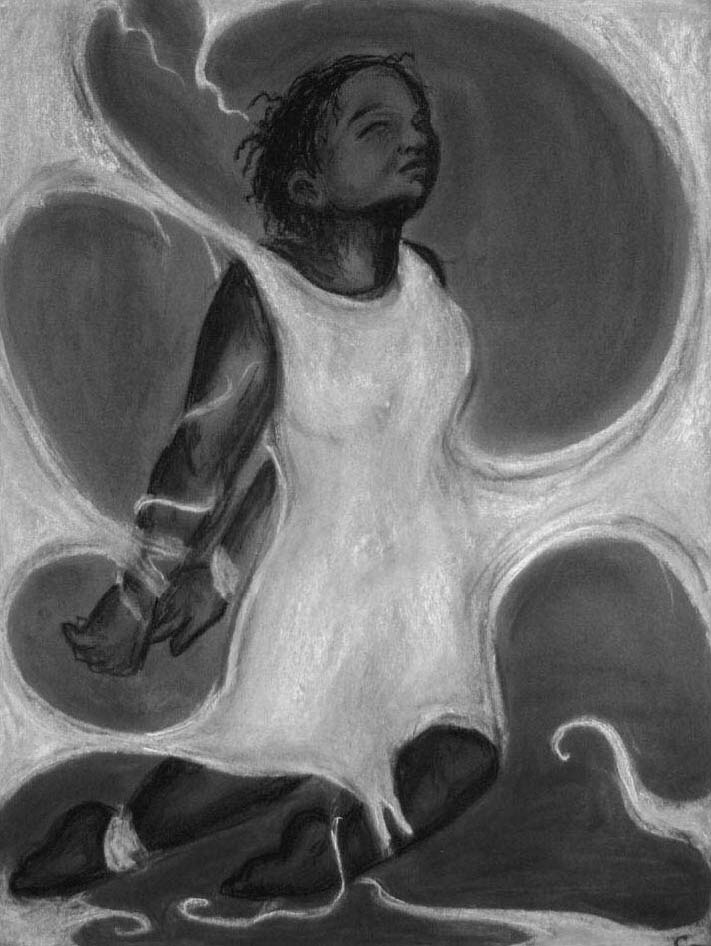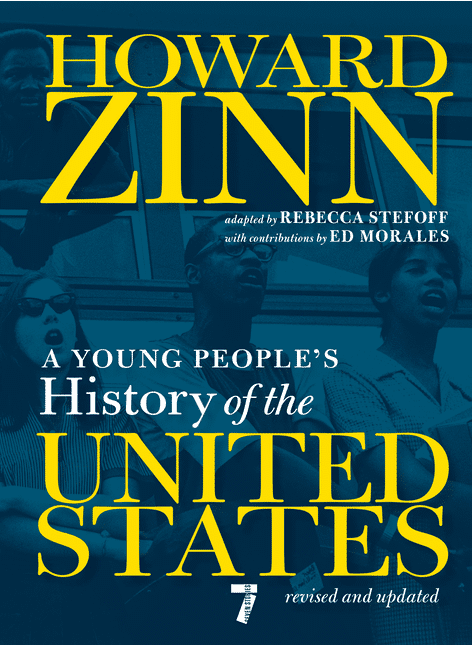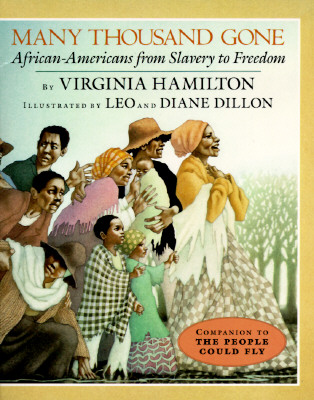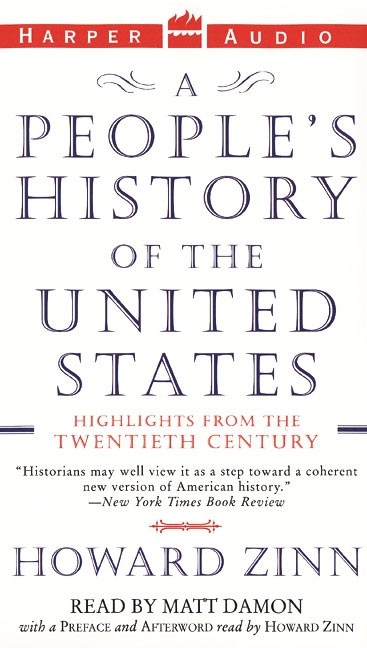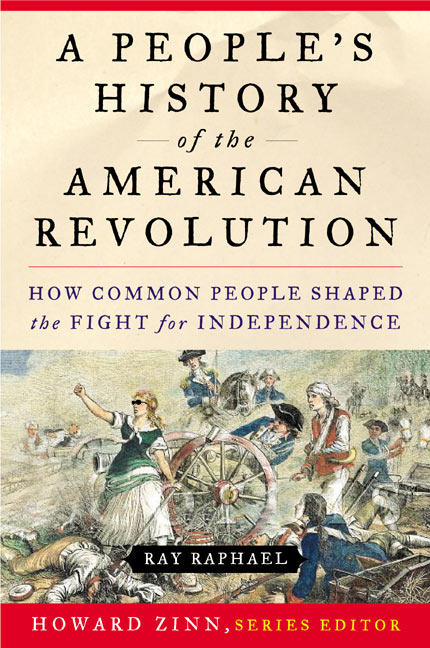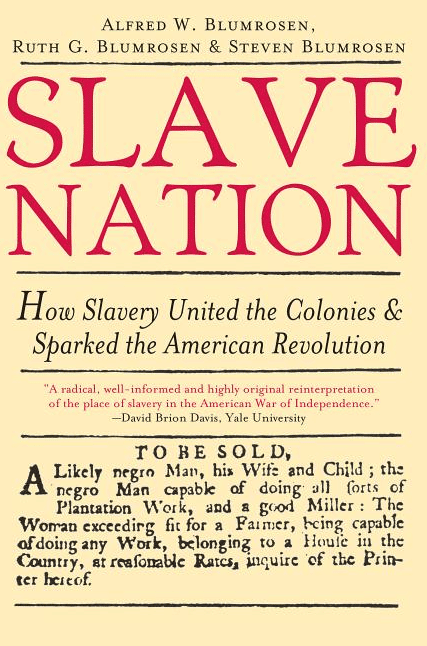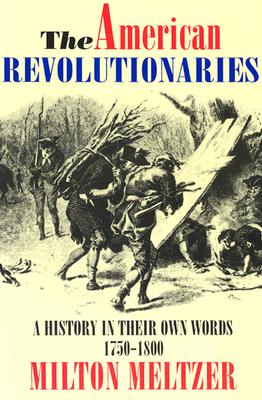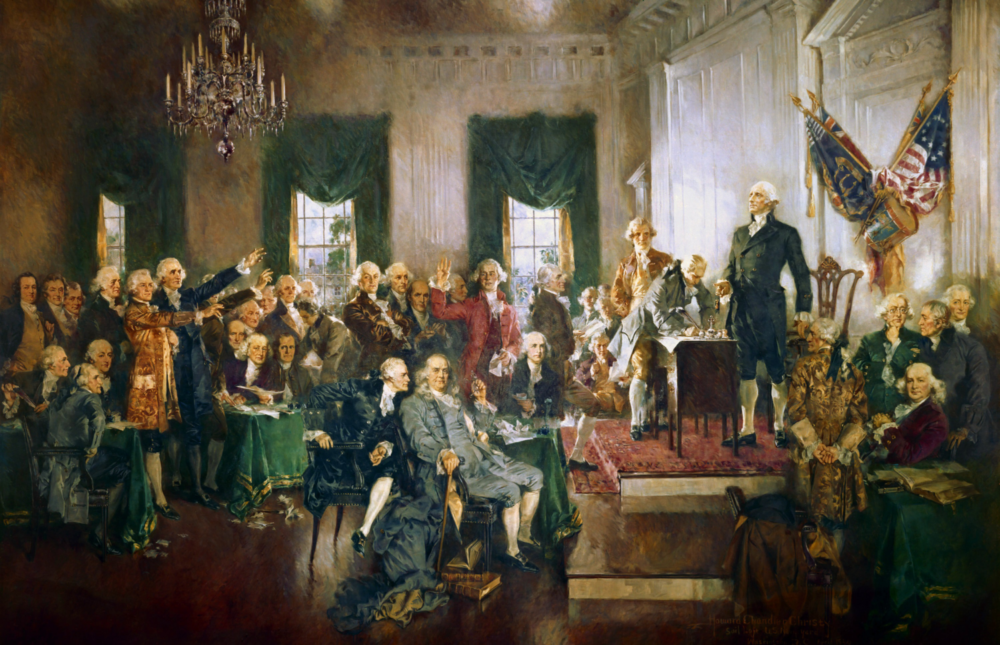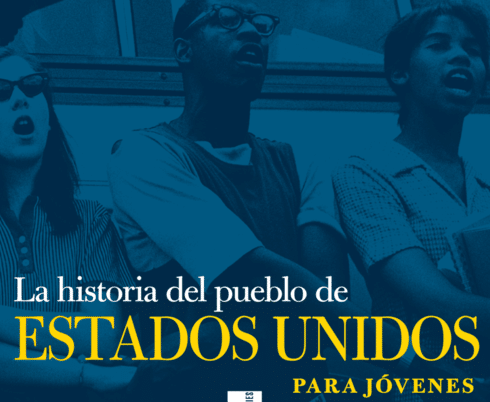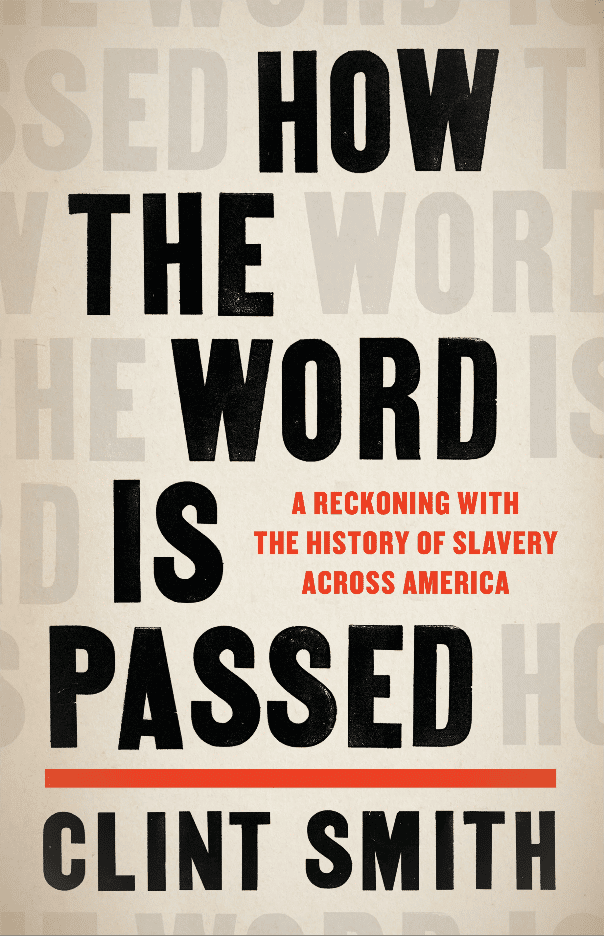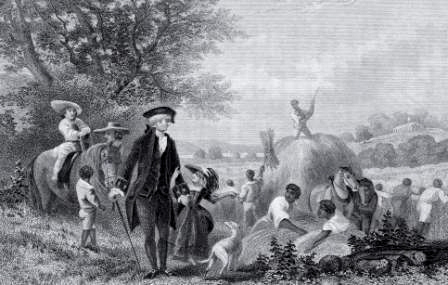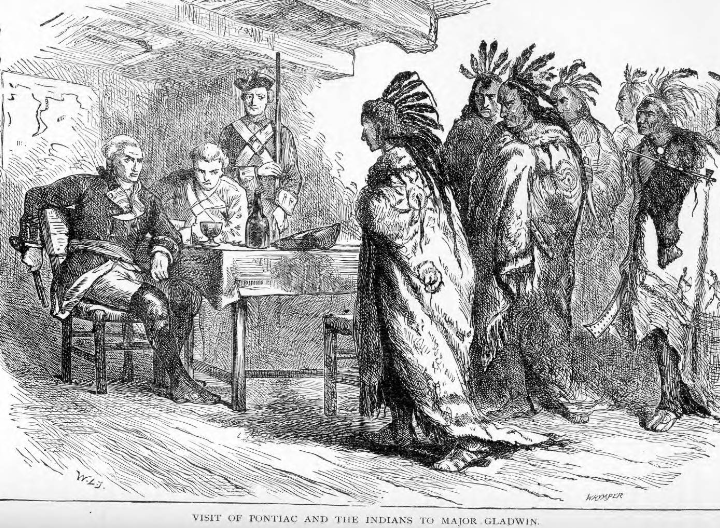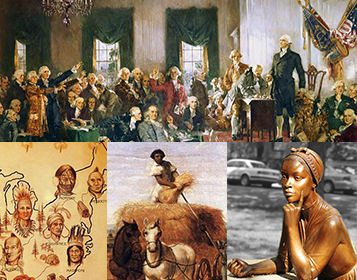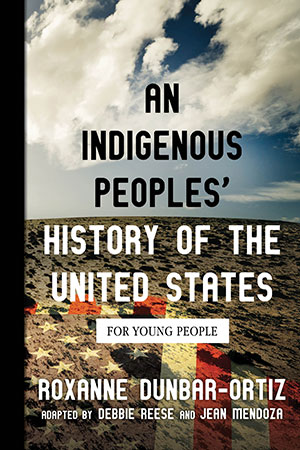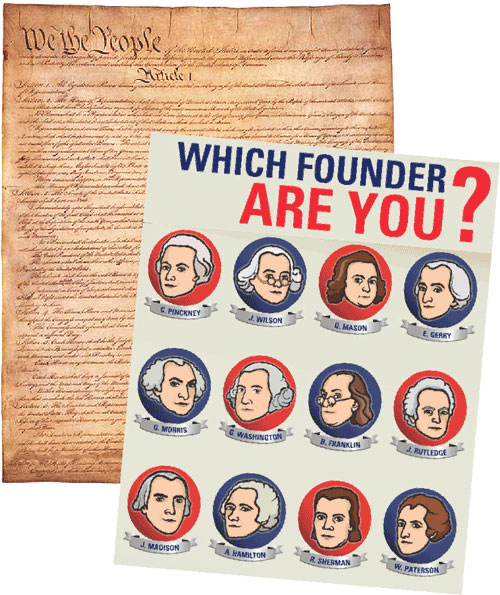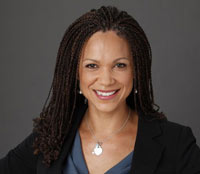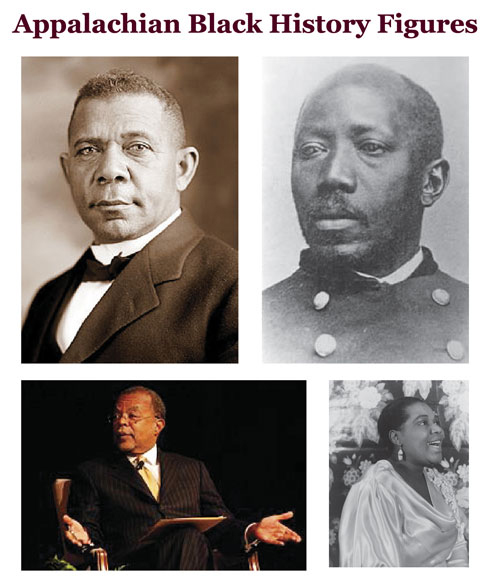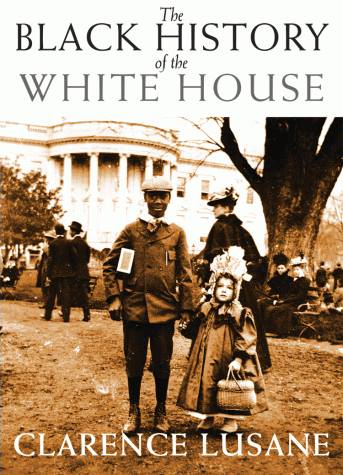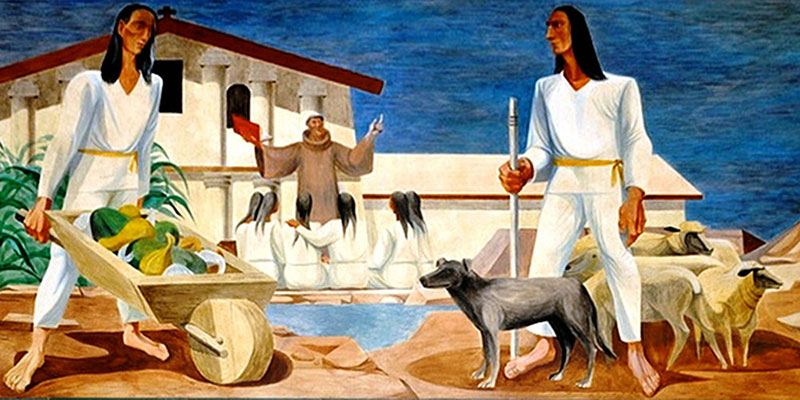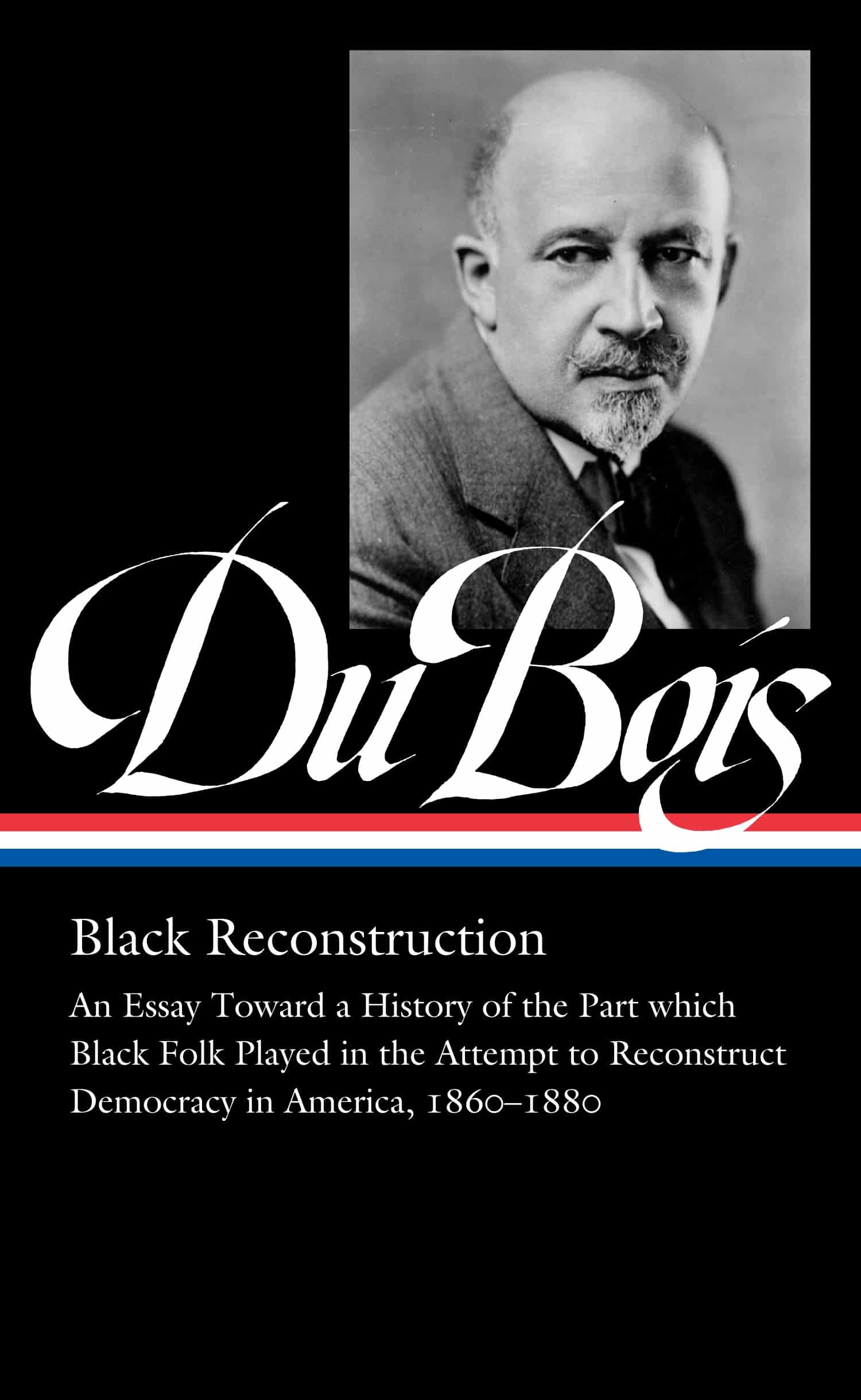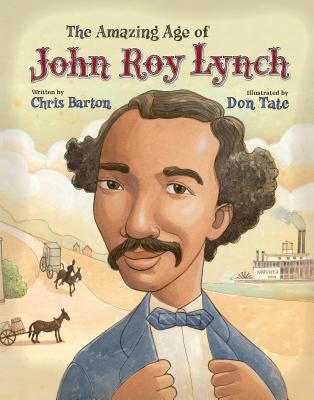Teaching Activity. By Thom Thacker and Michael A. Lord. Rethinking Schools. 4 pages.
An art contest is used as the basis from which students can examine primary historical documents (advertisements for runaway slaves) to gain a deeper understanding of the institution of slavery in the North.
Continue reading
Book — Non-fiction. By Howard Zinn, adapted by Rebecca Stefoff with additions by Ed Morales. 2022. 544 pages.
A young adult version of the best-selling A People’s History of the United States.
Continue reading
Book — Non-fiction. By Virginia Hamilton. 2002. 160 pages.
An illustrated account of slavery for children based on historical records, personal narratives, and biographies for ages 8 - 12. Includes profiles of Harriet Tubman, Sojourner Truth, and Frederick Douglass.
Continue reading
Audio. By Howard Zinn. Read by Matt Damon. 2003. 8 hours, 44 minutes.
Audio book version of excerpted highlights from A People's History of the United States.
Continue reading
Book — Non-fiction. By Ray Raphael. Series editor: Howard Zinn. 2002. 528 pages.
Using hundreds of primary sources, this book tells the more accurate, populist, complicated, and interesting story of the American Revolution.
Continue reading
Book — Non-fiction. By Alfred Blumrosen and Ruth Blumrosen. 2006. 304 pages.
A detailed account of the role slavery played in the Revolutionary War and the writing of the U.S. Constitution.
Continue reading
Teaching Guide. By Alan J. Singer. 2008. 178 pages.
Narrative description of slavery in the north and strategies for engaging young people as historians on the topic.
Continue reading
Book — Non-fiction. By Ray Raphael. 2003. 288 pages.
The events leading up to the American Revolution.
Continue reading
Book — Non-fiction. Edited by Milton Meltzer. 1987. 224 pages.
First hand accounts and primary documents on the American Revolution.
Continue reading
Teaching Activity. By Bob Peterson. Rethinking Schools. 14 pages.
A role play on the Constitutional Convention which brings to life the social forces active during and immediately following the American Revolution with focus on two key topics: suffrage and slavery. An elementary school adaptation of the Constitution Role Play by Bill Bigelow. Roles available in Spanish.
Teaching Activity by Bob Peterson
Continue reading
Book — Non-fiction. By Howard Zinn, adapted by Rebecca Stefoff with additions by Ed Morales. Translated by Hugo García Manríquez. 2023. 608 pages.
A Spanish translation of the young adult version of the best-selling A People’s History of the United States.
Continue reading
Book — Non-fiction. By Clint Smith. 2021. 336 pages.
An examination of how monuments and landmarks represent — and misrepresent — the central role of slavery in U.S. history and its legacy today.
Continue reading
Teaching Activity. By Bob Peterson. Rethinking Schools. 7 pages.
How a 5th grade teacher and his students conducted research to answer the question: “Which presidents owned people?” Available in Spanish.
Continue reading
Fighting alongside Odawa Chief Pontiac, the unified Native warriors defeated 250 British soldiers during their siege at Fort Detroit during Pontiac’s War.
Continue reading
Teaching Activity. By Bill Bigelow. 24 pages.
The U.S. Constitution endorsed slavery and favored the interests of the owning classes. What kind of Constitution would have resulted from founders who were representative of the entire country? That is the question addressed in this role play activity.
Continue reading
Book — Non-fiction. By Roxanne Dunbar-Ortiz; adapted by Debbie Reese and Jean Mendoza. 2019. 244 pages.
The original academic text is fully adapted by renowned curriculum experts Debbie Reese and Jean Mendoza, for middle-grade and young adult readers.
Continue reading
Book — Non-fiction. By W. E. B. Du Bois. Edited by Eric Foner and Henry Louis Gates. 2021. 1097 pages.
Originally published in 1935, Du Bois’ Black Reconstruction was the first book to challenge the prevailing racist historical narrative of the era and in sharp, incisive prose, tell the story of the Civil War and Reconstruction from the perspective of African Americans.
Continue reading
Picture book. By Chris Barton. Illustrated by Don Tate. 2015. 50 pages.
An in-depth look at the Reconstruction period through the life of one of the first African-American congressmen.
Continue reading

